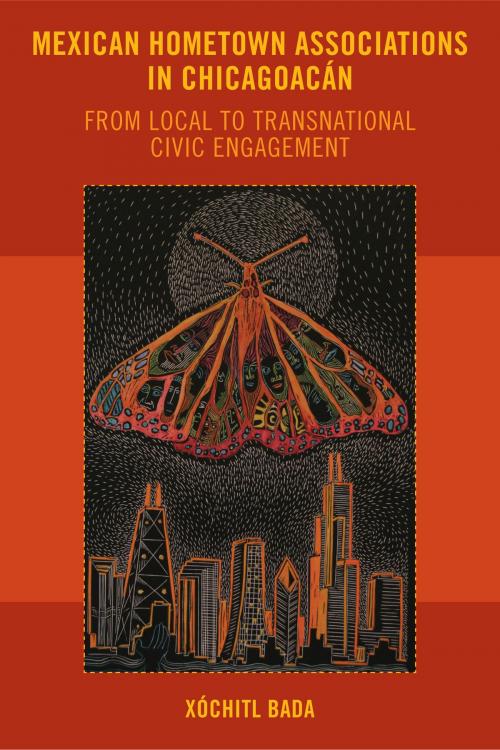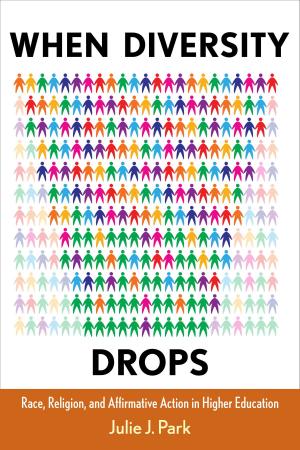Mexican Hometown Associations in Chicagoacán
From Local to Transnational Civic Engagement
Nonfiction, Social & Cultural Studies, Social Science, Cultural Studies, Ethnic Studies| Author: | Xóchitl Bada | ISBN: | 9780813572062 |
| Publisher: | Rutgers University Press | Publication: | April 30, 2014 |
| Imprint: | Rutgers University Press | Language: | English |
| Author: | Xóchitl Bada |
| ISBN: | 9780813572062 |
| Publisher: | Rutgers University Press |
| Publication: | April 30, 2014 |
| Imprint: | Rutgers University Press |
| Language: | English |
Chicago is home to the second-largest Mexican immigrant population in the United States, yet the activities of this community have gone relatively unexamined by both the media and academia. In this groundbreaking new book, Xóchitl Bada takes us inside one of the most vital parts of Chicago’s Mexican immigrant community—its many hometown associations.
Hometown associations (HTAs) consist of immigrants from the same town in Mexico and often begin quite informally, as soccer clubs or prayer groups. As Bada’s work shows, however, HTAs have become a powerful force for change, advocating for Mexican immigrants in the United States while also working to improve living conditions in their communities of origin. Focusing on a group of HTAs founded by immigrants from the state of Michoacán, the book shows how their activism has bridged public and private spheres, mobilizing social reforms in both inner-city Chicago and rural Mexico.
Bringing together ethnography, political theory, and archival research, Bada excavates the surprisingly long history of Chicago’s HTAs, dating back to the 1920s, then traces the emergence of new models of community activism in the twenty-first century. Filled with vivid observations and original interviews, Mexican Hometown Associations in Chicagoacán gives voice to an underrepresented community and sheds light on an underexplored form of global activism.
Chicago is home to the second-largest Mexican immigrant population in the United States, yet the activities of this community have gone relatively unexamined by both the media and academia. In this groundbreaking new book, Xóchitl Bada takes us inside one of the most vital parts of Chicago’s Mexican immigrant community—its many hometown associations.
Hometown associations (HTAs) consist of immigrants from the same town in Mexico and often begin quite informally, as soccer clubs or prayer groups. As Bada’s work shows, however, HTAs have become a powerful force for change, advocating for Mexican immigrants in the United States while also working to improve living conditions in their communities of origin. Focusing on a group of HTAs founded by immigrants from the state of Michoacán, the book shows how their activism has bridged public and private spheres, mobilizing social reforms in both inner-city Chicago and rural Mexico.
Bringing together ethnography, political theory, and archival research, Bada excavates the surprisingly long history of Chicago’s HTAs, dating back to the 1920s, then traces the emergence of new models of community activism in the twenty-first century. Filled with vivid observations and original interviews, Mexican Hometown Associations in Chicagoacán gives voice to an underrepresented community and sheds light on an underexplored form of global activism.















